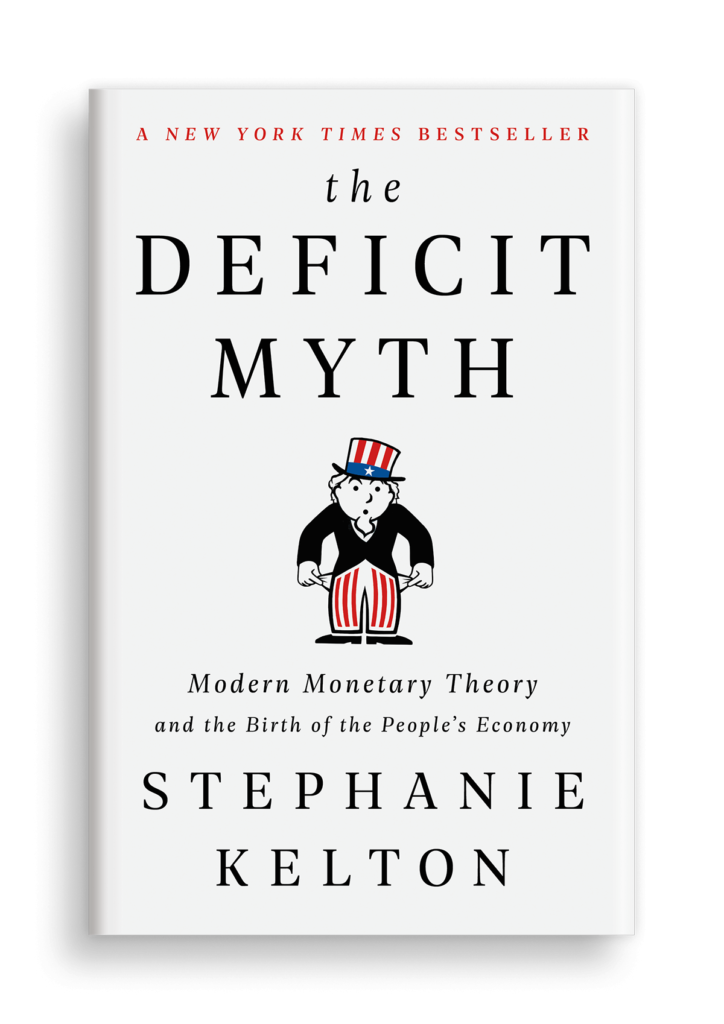EP 399 Is True Integration Possible in America?
There have been a number of false starts in American history toward the concept of a more equal, more integrated society. Yet, at each turn, those attempts have been blunted by forces that cannot see America without a power and status differential drawn white and black. It could’ve happened at the onset of the Continental Congress, after the Civil War, on the heels of the 1960’s civil rights movement or as the natural evolution following the historic presidency of Barack Obama. Unfortunately, it did not occur at any of those moments. Reactionary forces clinging to power, often abetted by more liberal patrons of society, never gave those changes time to build a truly integrated society. As Calvin Baker, author of ‘A More Perfect Reunion’ reminds us never has a victor(African-Americans freed from bondage)been treated so shabbily after winning a struggle. And so it goes in America. As young Americans, white, black and brown, have taken to the streets in the recent period, we are left to contemplate whether this is the moment for true integration or simply a surge of good intentions blunted by forces long opposed to true fairness and justice. Let’s discuss on this podcast.
Podcast: Play in new window | Download








